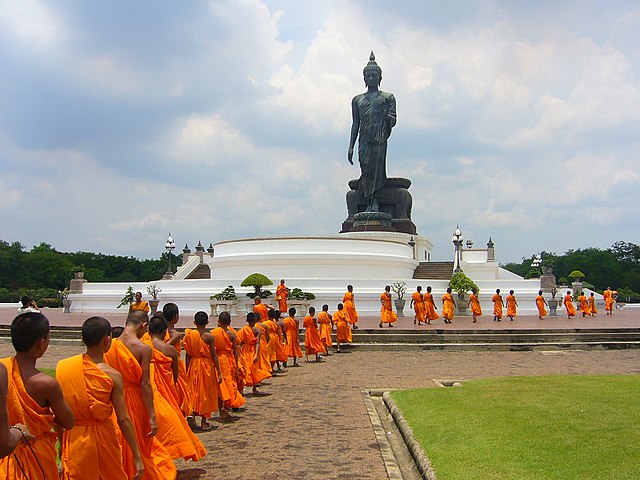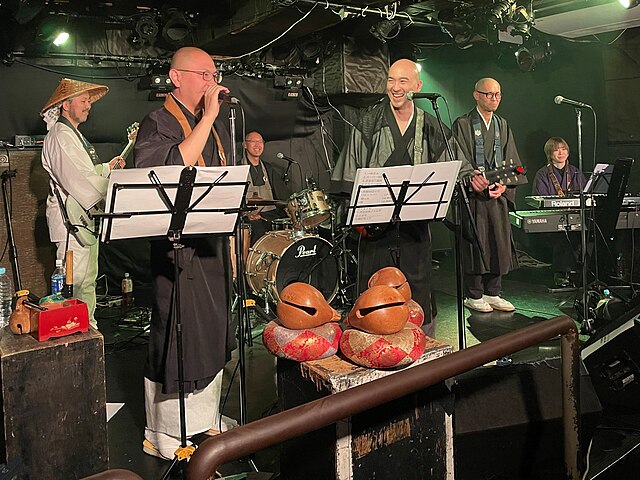Infinite photos and videos for every Wiki article ·
Find something interesting to watch in seconds
Wonders of Nature
Celebrities
Famous Castles
Great Artists
Great Cities
Animals
Recovered Treasures
British Monarchs
History by Country
Richest US Counties
Rare Coins
Tallest Buildings
Wars and Battles
Largest Palaces
Crown Jewels
World Banknotes
Supercars
Sports
Countries of the World
Great Museums
Orders and Medals
Presidents
Largest Empires
Best Campuses
Ancient Marvels
Kings of France
more top lists





